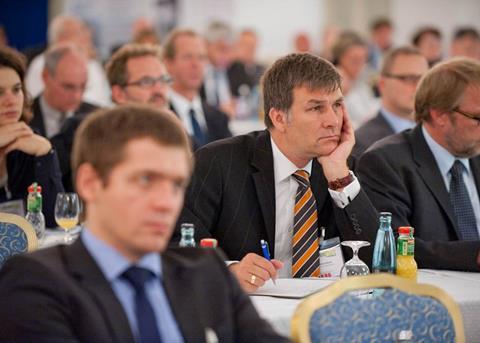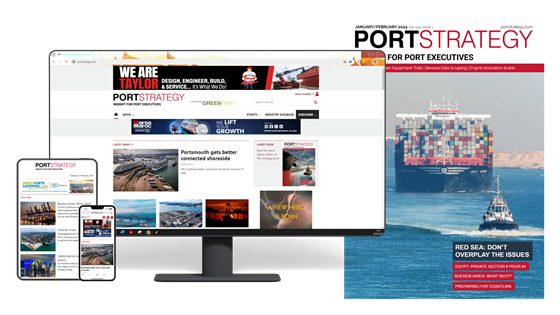More than 200 delegates from 30 countries came together in Hamburg to discuss and debate key green issues affecting ports today

The Hamburg Ministry of Economic Affairs, Transport and Innovation (BWVI) and the Hamburg Port Authority (HPA) drew a positive conclusion from the GreenPort Congress that took place in Hamburg on the 14-15 September 2011. For two days, around 200 experts from almost 30 countries discussed sustainable port management.
“The question is not whether ports have to become more environmentally friendly but how and based on which concepts, whereby port management takes on a key role as the link between the maritime industry and societal interests,” summarises Patrick Verhoeven, Secretary General of the European Sea Ports Organisation (ESPO), the congress.
“There is a wide variety of highly interesting projects how ports can be made “greener” in the future but discussions at the congress also revealed that we will have to increase our efforts in this area,” says Frank Horch, Hamburg state minister for economic affairs. “I was glad to see, though, that on the international level there is no reason for Hamburg to hide. The port of Hamburg makes very effective use of its resources. The deployment of new technologies in particular such as traffic flow management, for instance, contributes to that,” continues Horch. “Simultaneously, however, we will need to improve the communication between the port and the city as well as the various environmental organisations to ensure a sustainable development of the port. Here, other ports have an edge on us but with our wide-ranging dialogue on port development planning we are on the right track,” says Horch.
One pivotal subject discussed at the congress was the management of ship emissions. Here, the focus was on alternative fuels such as, for example, liquid gas. “We are all in agreement that our environmental responsibilities do not end at the port’s boundaries,” says the HPA’s managing director, Jens Meier. “We have to combine forces and create incentives to reduce air pollution both within the port area and beyond its boundaries.” In the coming months, the HPA will therefore intensify its efforts to work out concepts on the use of liquid gas and hydrogen. “In the past days, we were able to gain a lot of insights but it has also become evident that there is still a lot of development work to be done. The experts made it very clear: every port is unique, which means that we need to set goals together and exchange ideas. However ultimately, each port has to work out its own implementation concepts custom-tailored to its specific needs,” explains Meier.
At the end of the second day, Hamburg Port Authority handed over the baton to Marseille Port Authority, the hosts of the 7th GreenPort Congress, from the 3-5 October 2012.







